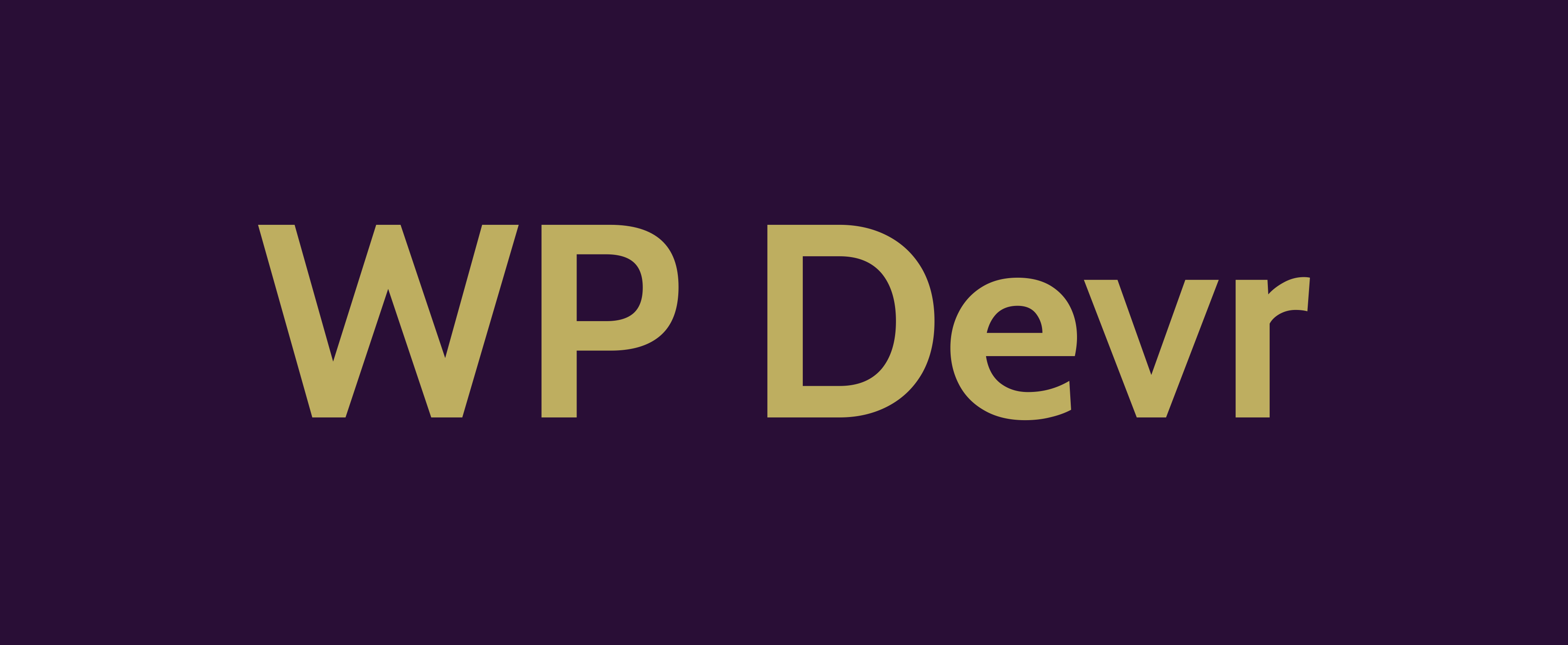Why You Should Avoid Hacking The WordPress Core And When It’S Unavoidable
The WordPress core files are the foundational code that powers WordPress. They contain interdependent functions, hooks, and components that enable key site capabilities and features. As such, the core codebase is highly sensitive and tampering with it incorrectly can easily break your site. Here are reasons why you should avoid hacking the WordPress core if…
